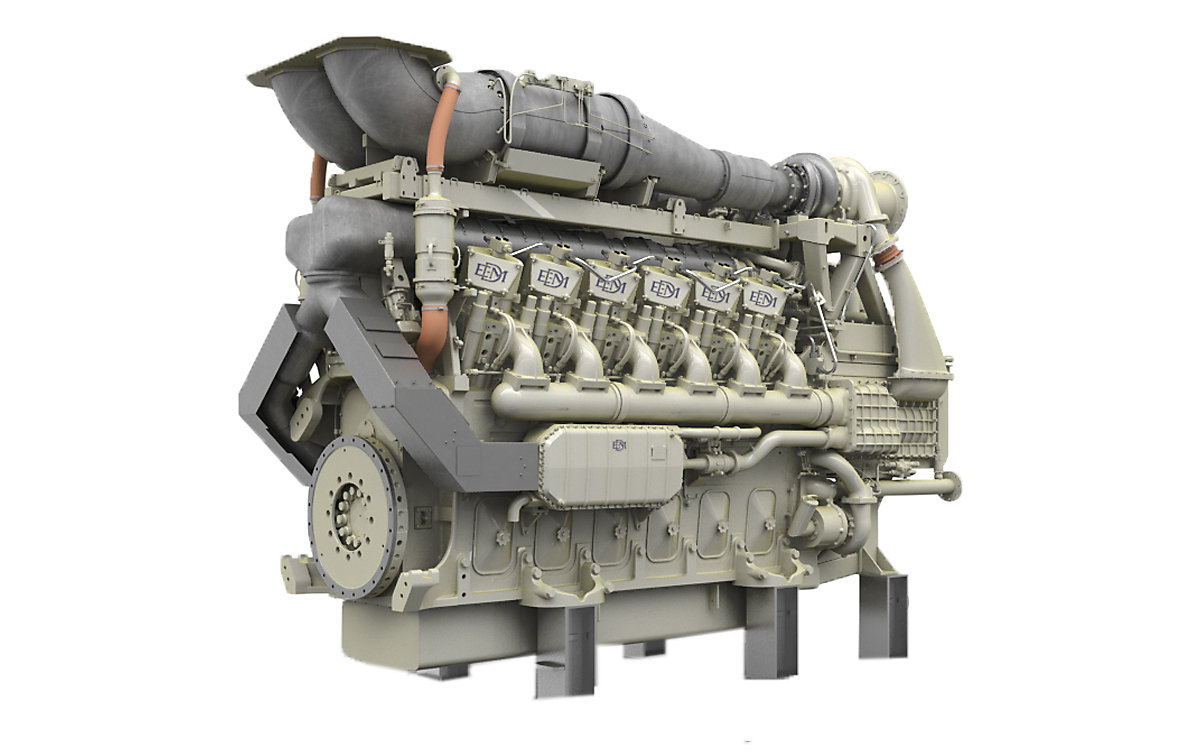What Sets Engines For Africa Apart in the Industry
Wiki Article
A Complete Overview to Choosing the Right Engine for Your Job
Selecting the suitable engine for your project is an important choice that can significantly impact its overall success. Each of these elements plays a critical function in guaranteeing that your chosen engine not only satisfies instant objectives but additionally straightens with long-term desires.Specify Your Job Demands
Defining your task requires is an important step in picking the proper engine for successful execution. A detailed understanding of your project's purposes will lead you in determining the capabilities and attributes needed from an engine. Begin by describing the extent of your task, including the desired performance, target audience, and the details results you aim to attain.
Next, consider the technological needs that straighten with your project objectives. This includes reviewing the compatibility of the engine with existing systems, in addition to the programming languages and frameworks that will certainly be utilized. In addition, evaluate the level of scalability called for to accommodate future development or modifications in need.
Spending plan constraints also play a crucial role in specifying your task needs. Develop a clear economic structure to guide your decision-making process, making sure that the engine selected fits within your budget plan while supplying the required performance.
Evaluate Performance Demands

Following, consider the scalability of the engine. Evaluate whether it can manage raised workloads as your job expands. Engines that support straight scaling are commonly better for larger applications. Additionally, review the engine's efficiency under different problems, such as peak use situations, to guarantee it fulfills your reliability requirements.
Think About Simplicity of Use
While technical specifications are important, the ease of use of an engine can considerably impact the growth procedure and general job success. An user-friendly interface, clear documentation, and structured workflows can dramatically decrease the learning contour for designers, enabling them to concentrate on imagination and problem-solving instead of coming to grips with complex devices.When assessing an engine's ease of usage, consider the onboarding experience. A well-structured intro, complete with tutorials and example jobs, can facilitate a smoother change for new users. In addition, the clearness and comprehensiveness of the engine's documentation play a critical duty; detailed guides and API referrals can empower developers to fix and implement you could try this out attributes efficiently.
An additional aspect to think about is the engine's modification abilities. An engine that permits for simple alterations can be much more straightforward, as programmers can tailor it to fit their details needs without considerable hassle. Examine index the process combination with platforms and tools you already make use of. A natural ecological community can enhance productivity and minimize friction during the growth procedure. Eventually, choosing an engine that focuses on simplicity of use can bring about an extra productive and delightful development experience.
Assess Area and Assistance
The strength of an engine's area and assistance network can greatly influence a developer's experience and success. When assessing an engine, consider the dimension and task degree of its community.Moreover, review the availability of official support channels. Trusted documentation, responsive customer support, and normal updates are vital for resolving technical problems and maintaining your project on track. Engines For Africa. Active areas likewise promote cooperation, providing possibilities for networking and feedback, which can be important, specifically for tiny groups or independent programmers
Furthermore, explore the existence of community-run occasions, such as hackathons or meetups. These gatherings can enrich your understanding of the engine while connecting you with prospective partners and knowledgeable users. In summary, a durable community and support group not just streamline growth however likewise create an atmosphere helpful to finding out and technology, inevitably enhancing the probability of your job's success.
Contrast Price and Licensing Choices
Spending plan factors to consider play a crucial function in selecting the appropriate engine for your job, as the cost and licensing options can dramatically affect both temporary costs and lasting stability. Engines For Africa. Various engines use varying prices frameworks, which can include one-time acquisition fees, membership versions, or revenue-sharing contracts based on your job's profits
Accrediting alternatives likewise differ dramatically. Some engines are open-source, providing flexibility and community-driven support, while others might need proprietary licenses that restrict usage and distribution. Comprehending the implications of each licensing model is vital, as it affects ownership read the article rights, future scalability, and possible legal commitments.
Conclusion
To conclude, choosing the ideal engine for a task necessitates a thorough assessment of specified task requirements, performance demands, simplicity of use, community support, and price factors to consider. By systematically attending to these vital variables, decision-makers can ensure alignment with both existing and future job demands. A knowledgeable selection ultimately enhances the possibility of job success, enabling reliable resource allotment and maximizing potential end results within the specified budgetary constraints.Choosing the ideal engine for your project is a crucial decision that can significantly impact its total success.Defining your project needs is a crucial action in selecting the ideal engine for effective implementation. A detailed understanding of your job's objectives will lead you in determining the capabilities and functions needed from an engine.When you have a clear understanding of your project needs, the next action is to review the performance needs of the engine.In verdict, selecting the appropriate engine for a job necessitates a thorough evaluation of defined project demands, efficiency requirements, simplicity of usage, neighborhood support, and price considerations.
Report this wiki page